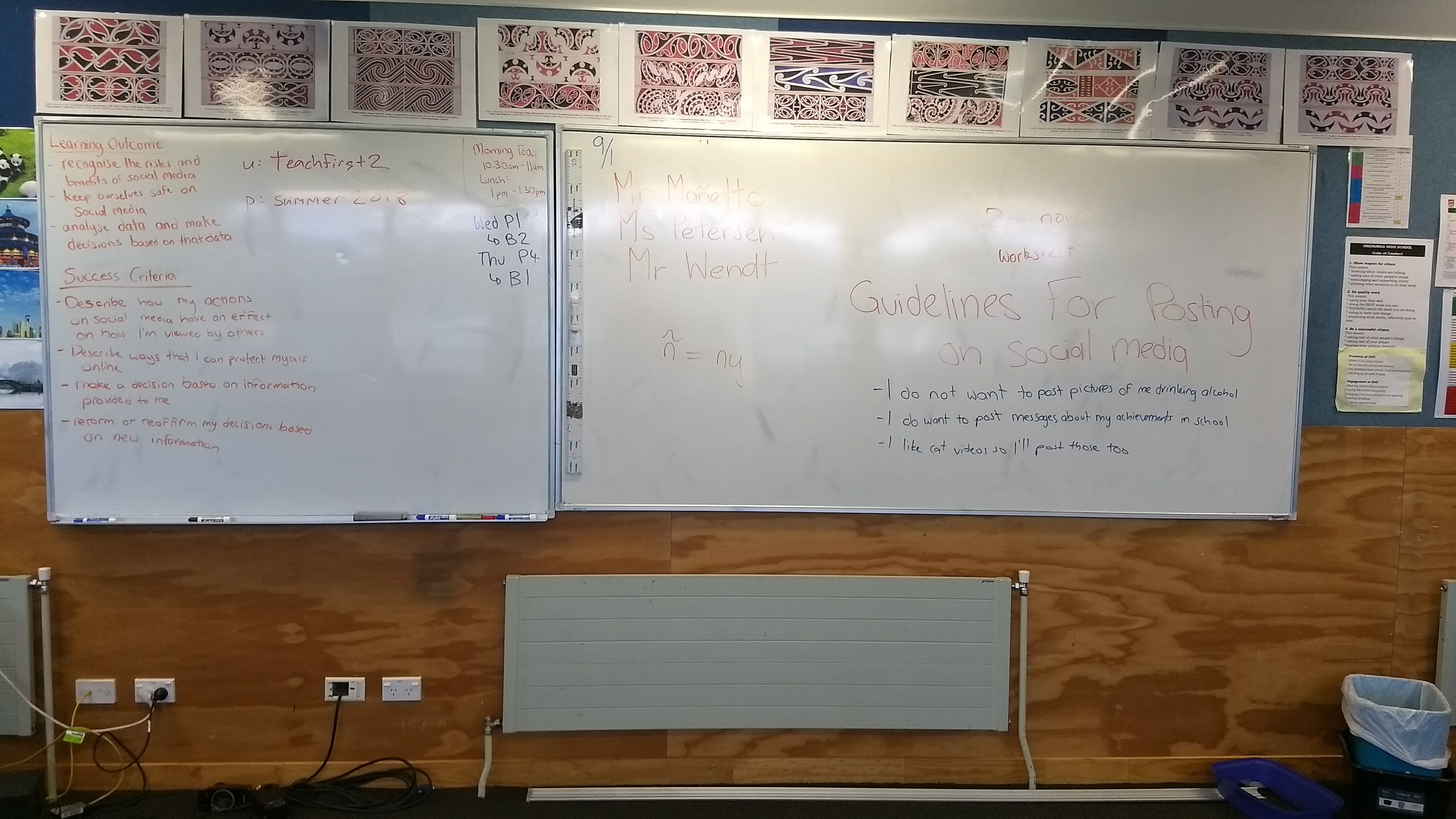MTEL

MTEL - 8000 & 8001
Learning Engagement and Effective Teaching
Learning Objectives
- Analyse and evaluate evidence supporting key principles and practical teaching approaches for engaging learners effectively
- Evaluate the social and cultural context of teaching and learning with a commitment to tangata whenuatanga
- Analyse evidence-based best teaching practice for the creation and maintenance of learning-focused environments that engage learners as active participants in learning
- Apply effective teaching strategies to coordinate professional relationships and behaviours that support the engagement of learners
- Analyse and evaluate contemporary pedagogical theories to devise ways to adaptively apply this to effective teaching practice
- Create strategies to teach and respond to learners in a knowledgeable and adaptive way to progress their learning at an appropriate depth and pace, including the accurate assessment and clear communication of student achievement
- Evaluate how pedagogical theory can be applied in curriculum area teaching practice and devise curriculum-specific solutions that support the achievement of learners
- Consistently demonstrate the importance of the relevant regulatory, statutory and professional requirements and principles in relation to teaching practice
1.X Presentation
Make a presentation in which you share practical concepts to engage learners and that support their achievement. In it, critique professional knowledge about effective teaching practice. Identify and address challenges within the learning environment and demonstrate understanding of the social and cultural context of learning and a commitment to tangata whenuatanga. Create strategies to teach and respond to learners in a knowledgeable and adaptive way to progress their learning at an appropriate depth and pace, in your curriculum learning area. In addition, demonstrate a critical awareness of the importance of the relevant regulatory, statutory and professional requirements and principles in relation to practice.
1.1 Formative Assessment
1.2 Formative Assessment
1.3 Formative Assessment
1.4 Summative Assessment
Marker's Notes: This was a well-researched, thoughtful and clearly articulated presentation, focused on self-belief and its implications for teaching and learning. You linked this presentation to your earlier formative assessments, summarising our developing ideas and outlining how your theory supports students to overcome challenges to learning. You discussed a range of practical solutions to these challenges, including social persuasion, and made clear links between self-belief and improving student achievement. We liked the way you linked your findings to Ka Hikitia, as well as the GTS, showing its relevance to teaching in New Zealand schools. You clearly summarised a range of research and made links between the theories you discussed. We particularly liked the way you have begun to reflect on and critique research, as you did when discussing Core Self-Evaluation Theory. You have begin making links between your theory and your practice, and your own personal philosophy is developing. The one area that could have been developed more was how your theory might be put into practice in a Digital Technologies classroom and curriculum.
2.X Portfolio Reflection
Critically reflect in an assignment on the best practice to engage learners and create a learning-focused environment. Review your portfolio entries, and critique professional knowledge, and consider the social and cultural context of learning. In addition, demonstrate an awareness of the importance of the relevant regulatory, statutory and professional requirements and principles in relation to practice.
2.1 Formative Assessment
2.2 Summative Assessment
Marker's Notes: Jessica, you have explored an interesting concept here that are crucial to effective pedagogy. These have been well linked to a wide range of sources, and critiqued according to both your own observations and experiences, as well as through comparing and contrasting various ideas within this body of literature. You have given a clear indication of how you would apply these concepts within your own classroom as well as specifically in the area of Digital Technology. Your essay itself is well structured, here theory, your observations and your own reflections are cohesively linked. This essay could have been strengthened through exploring a broader range of practical concepts as well as greeting students at the door, and providing further references to your curriculum area.
3.X Feedback Reflection
Critically reflect in an report on feedback you have received about best practice to engage learners and create a learning-focused environment. Review the feedback you have received and link it to professional knowledge and consider the social and cultural context of learning. In addition, demonstrate a critical awareness of the importance of the relevant regulatory, statutory and professional requirements and principles in relation to practice.
3.1 Formative Assessment
3.2 Summative Assessment
Marker's Notes: You have clearly demonstrated the power of reflection and using a variety of sources shows that you are considering a range of ideas - which is extremely important in the reflective process. We like the journey you take us on through understanding how you can facilitate rather than 'teach', it would be interesting to look a bit more into constructivism as a theory to support this. The positive steps, like including what students will be doing, and what you will be doing in your lesson plan is very pro-active and look forward to seeing what impact this will make on your practice as you meet your new classes and develop relationships with them.